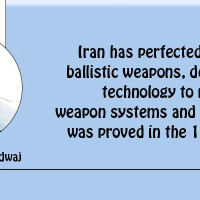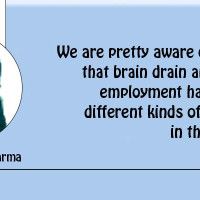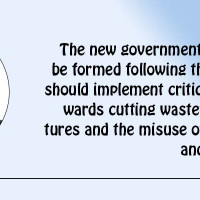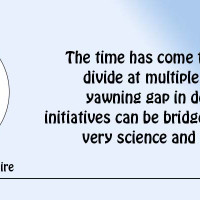- Friday, 23 January 2026
Promote Ethical Marketing Practices
Our inherent inclination for pleasure, often linked to comfort and convenience, is a fundamental instinct. While it mirrors our characteristic behaviour closely tied to cognitive abilities and proficiency in creating and using tools, there are situations where the immediate pursuit of comfort may pose a threat to long-term sustainable well-being. The pursuit of pleasure, particularly through luxury, involves a yearning for comfort, indulgence, and the enjoyment of high-quality, often exclusive experiences or possessions.
This inclination is becoming more prominent in contemporary materialistic societies, contributing to environmental and societal impacts due to a focus on short-term goals without a comprehensive approach to scientific research. While technology holds the potential to enhance well-being, an overreliance on it for comfort and productivity, like working long hours in pursuit of professional success, particularly for material gain, might undermine both physical and mental health in the long term. This could stem from adopting a sedentary lifestyle, unhealthy dietary habits, insufficient sleep, increased stress levels, burnout, social isolation, and pressure. Research indicates a negative association between a materialistic mindset and an individual's overall sense of well-being.
Cognitive bias
The pursuit of pleasure often corresponds to a cognitive bias shaped by various societal and economic factors, particularly within the context of capitalism, where immediate gratification is prioritised over long-term well-being considerations. Finding a balance between utilising our cognitive abilities to enhance our quality of life and ensuring the responsible use of technology is a crucial aspect of navigating the challenges and opportunities stemming from our evolutionary heritage.
In many aspects of life, there's a tendency towards instant gratification. We often seek quick and convenient solutions that provide immediate comfort, even if these choices may have negative consequences for our long-term well-being. Luxury experiences and possessions often provide sensory gratification. Whether it's the taste of exquisite food, the feel of luxurious fabrics, or the sight of opulent surroundings, these sensory pleasures can be deeply satisfying. Exploring alternative sources of fulfillment beyond material possessions and striking a balance between enjoying life's pleasures and being mindful of their broader impact can contribute to a more holistic and fulfilling lifestyle.
Cultivating mindfulness in decision-making involves considering the long-term consequences of choices. Meaningful relationships, personal growth, and experiences that align with intrinsic values can provide lasting satisfaction. In the context of a profit-driven capitalist system, marketing has the ability to shape and sometimes alter the intrinsic human desire for long-term fulfillment and sustainable living. This is accomplished by utilising a variety of psychological principles to prompt individuals to participate in purchasing activities, employing strategies to kindle desire, cultivate brand loyalty, and stimulate consumption.
This mindset may lead individuals to make more impulsive purchasing decisions, dissuading them from embracing sustainable choices, such as environmental protection, that necessitate stepping out of their comfort zone. The pursuit of comfort sometimes involves choices that have significant environmental consequences. For example, reliance on single-use plastics, energy-intensive conveniences, and fast fashion contribute to environmental degradation and climate change, affecting overall sustainability.
Governments should acknowledge the influence of marketing on consumer psychology and implement regulations to curb deceptive advertising, guaranteeing that consumers receive accurate information about a product's benefits or qualities. This approach aims to facilitate decision-making based on reliable information. Advocates for consumer education argue that efforts should primarily focus on enhancing consumer awareness and literacy, empowering individuals to make well-informed choices without relying solely on regulation. Excessive or poorly implemented regulations can hinder innovation and place unnecessary burdens on businesses.
Regulations
Regulations can set forth principles for ethical marketing practices, placing a priority on transparency and honesty. They can provide incentives for businesses to adhere to principles that respect consumer rights, truthfulness, and fair competition. These standards aim to guarantee the accuracy of information offered to consumers, thereby reducing the risk of manipulation, especially in the promotion of products and services fundamental to basic human needs, such as health.
In essence, the challenge lies in finding a balance between seeking comfort and embracing practices that contribute to long-term well-being and sustainability. Acknowledging the interconnectedness of personal, societal, and environmental well-being is essential for fostering a more holistic and resilient approach to life.
In summary, efforts to address the potential negative impacts of immediate gratification within a capitalist framework may involve promoting sustainable business practices, encouraging ethical consumerism, and implementing regulations that consider long-term environmental and societal consequences. Additionally, fostering a cultural shift towards valuing long-term well-being over immediate satisfaction can contribute to a more balanced approach within any economic system.
(The author is an adjunct assistant professor, Department of Computer and Data Science at Case Western Reserve University, Cleveland.)

















